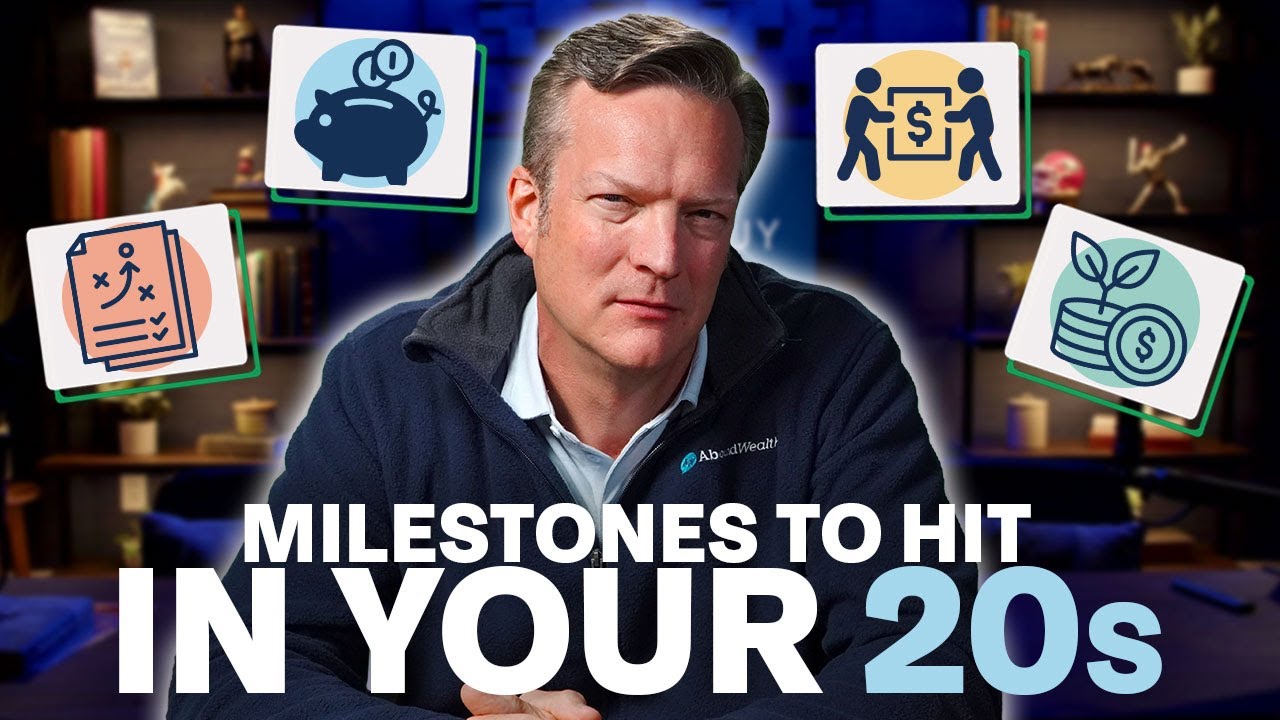Target date retirement funds, in particular target date index funds, can be a great set-it-and-forget-it investment option for younger investors or those who have yet to reach a critical mass where a more personalized portfolio makes sense. Target date funds have become very popular, with about $1.8 trillion invested as of June of 2021. Vanguard, one of the largest providers of target date index funds, has recently come under scrutiny for sticking many investors with a much larger than expected tax bill, which has some investors re-considering their investment in target date funds.
What happened at Vanguard?
Vanguard has two tiers of target date funds, one for individual investors and one for institutional investors, like large 401(k) plans. It is very common for large providers to offer different tiers of funds for different size investors. Like many large providers, the fees for the Vanguard institutional fund were lower than what is available to an individual investor. In late 2020, Vanguard lowered the minimum for institutional investors from $100 million to $5 million. At the time, expenses in individual funds were between 0.12% to 0.15%, and institutional expense ratios were 0.09%. This led to a large number of assets shifting to the less expensive institutional funds they now qualified for.
In February of 2022, Vanguard consolidated their target date fund lineup by merging its individual and institutional funds – and reducing expenses to 0.08% (a very slight reduction for institutional investors, and a 0.04% to 0.07% savings for individual investors).
For many individual investors, though, the damage was already done. When Vanguard lowered the institutional fund minimums from $100 million to $5 million in December of 2020, those that now qualified for funds with lower expense ratios started redeeming individual shares and moving to institutional funds. Vanguard sold as much as 15% of their assets in individual funds to raise cash to redeem shares. This realized a much larger than normal amount of capital gains, which were distributed to the funds’ remaining investors. According to a lawsuit filed against Vanguard, individual fund investors received capital gains distributions at least 40 times larger than ever before.
The impact of a large capital gains distribution
So what does this actually mean for regular investors? If you owned Vanguard individual target date funds in a tax-advantaged account, like an IRA, you would not have any tax consequences since these accounts grow tax-free. Mutual fund capital gains distributions only have tax consequences for those holding in a taxable account, such as a brokerage account. Additionally, tax consequences would only be significant if you had a large amount invested in a taxable account. For Vanguard’s 2040 fund, distributions in 2021 were 18%. Someone with $5,000 invested would have received a $900 distribution, and someone with $500,000 invested received a $90,000 distribution.
Assuming the smaller investor has a 15% capital gains tax rate, they would owe $135 in taxes on their unexpected distribution. If the larger investor has a 23.8% total tax rate on the distribution, they would owe $21,420 in taxes on the capital gains distribution. The unexpected Vanguard distribution could have had a big impact if you held a large amount of assets in a target date index (in a taxable account), but otherwise may not have had a large impact. If you do have a larger portfolio, though, and a large amount in a taxable investment account, how do you ensure something like this doesn’t happen?
How can you avoid an unexpected tax bomb?
If you haven’t yet reached a critical mass where a more personalized portfolio makes sense, you may not have a significant amount accumulated in a taxable brokerage account. Earlier steps of the Financial Order of Operations include maximizing a Roth IRA, HSA, and employer-sponsored retirement accounts. When someone does reach a critical mass where it may make sense to hire a financial advisor, the bulk of their assets are likely in tax-advantaged accounts.
Tax location is just one aspect of your finances a fee-only, fiduciary financial advisor can assist you with. If your portfolio has reached the point where you have a large taxable brokerage account, investing in mutual funds that may not always be tax-efficient could leave you with a surprise tax bill of thousands of dollars. If you have a larger portfolio, and a large taxable account, it is very important to pay attention to the location of your assets.
High-flying growth assets, like equity mutual funds, can make sense in a tax-free account such as a Roth IRA or HSA. Since the growth and distributions from tax-free accounts are entirely tax-free, if taken as qualified distributions, getting as much growth as possible out of these accounts maximizes your tax benefit. In pre-tax accounts, like a traditional 401(k), you may hold assets that generate ordinary income, non-qualified dividends, or other assets that may not necessarily be the most tax-efficient. All qualified pre-tax distributions are treated the same, no matter what assets are inside the account, so sticking less tax-efficient assets in a pre-tax account is worth considering. For your taxable bucket, such as a taxable brokerage account, it is very important to consider the tax-efficiency of assets held in the account. Tax-efficient assets could include ETFs, municipal bonds, or tax-efficient mutual funds.
I don’t fully understand tax location. Now what?
Tax location isn’t always easy for investors to master, especially if you don’t have a background in finance. The good news is you don’t have to do it alone. If your portfolio has reached a critical mass, which generally can happen as you cross the $500k threshold in invested assets, it may be time to consider working with a financial advisor. Feeling that you don’t have enough hours in the day, that you aren’t as confident in your financial decision making, or that you don’t know if you are doing everything you should be are just a few signs it may be time to consider bringing on a co-pilot.
For those that are thinking about hiring an advisor, or already talking to potential advisors, we created a resource for you: “8 Questions to Ask Your Financial Advisor.” It can be difficult to know what to look for in an advisor if you aren’t in the financial world. Asking the right questions can help determine if a financial advisor is a good fit for you and if they will truly have your best interests at heart.
Too often, “investment management” gets mistaken for “financial planning.” Investment management includes managing a portfolio, asset allocation, asset location, and strategies like tax-loss harvesting, but a fee-only financial advisor can help with so much more. Financial planning includes all of the above, and insurance planning, estate planning, tax planning, cash flow management, college planning, retirement planning, and any other financial questions you may have. You can learn more about our day job as a fee-only financial advisory firm, and submit a “Work With Us” form, on our website.













